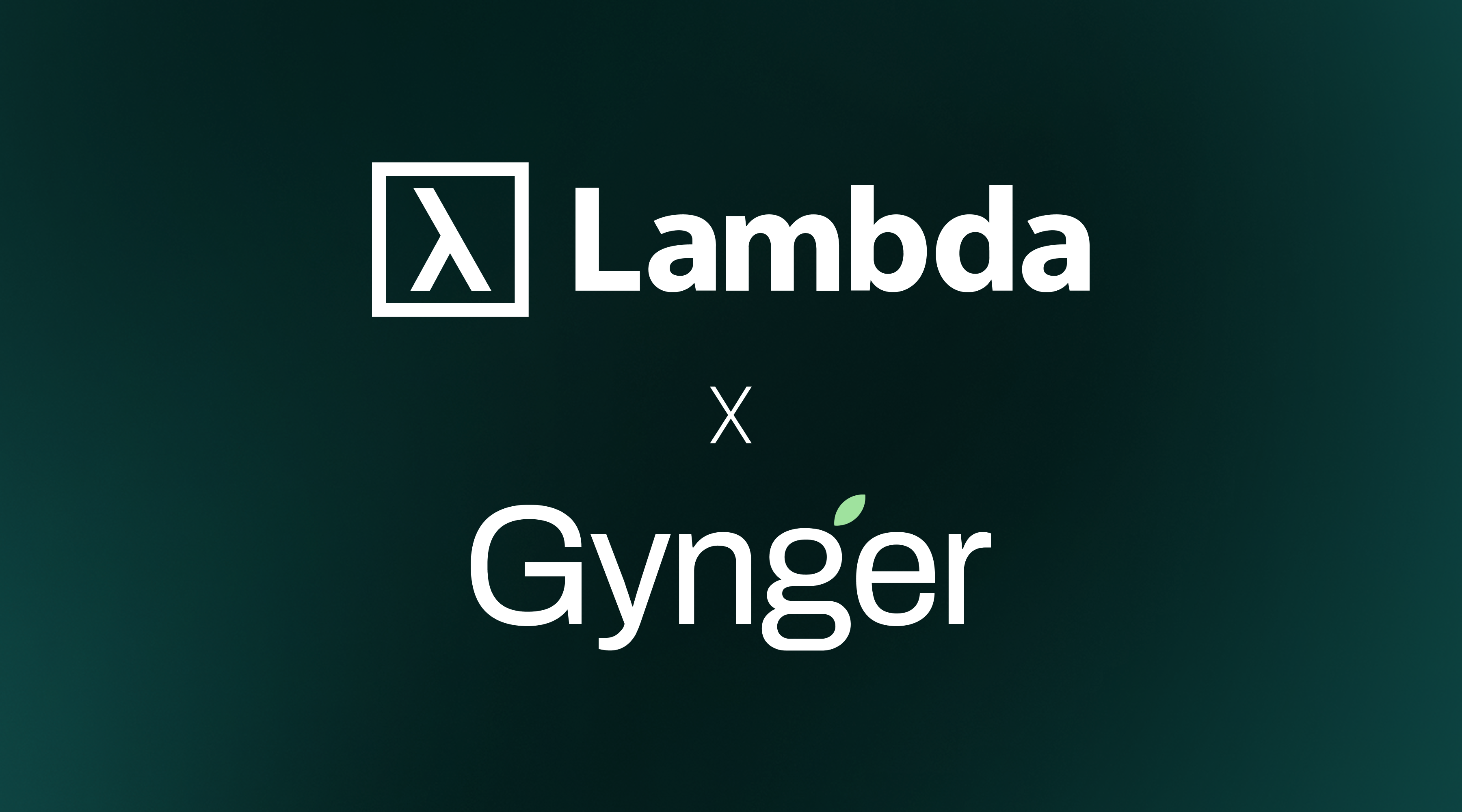Financing a startup requires balancing funding, runway, and revenue. To reach the lift-off velocity where your company model fully supports your operations, you must first successfully build your business plan and put it into action. Most startups diversify their financing sources, seeking flexible financing strategies through several channels.
Two primary funding sources for a startup are equity and debt. Most people are familiar with equity financing, where investors give money in return for shares, but debt financing is gaining in popularity as founders seek alternative, non-dilutive capital. Today, we're here to highlight the difference between the two and give insights on using debt funding to benefit your long-term goals as a startup.
How Debt Financing Works
Debt financing is, essentially, taking out debt to finance your startup. Leveraging debt to pay off in the future with revenue is a great way for startups to gain access to many of the resources, services, and infrastructure needed to quickly build a strong and profitable company model.
Financiers who work with startups use debt to create opportunities and provide access to much-needed equipment, software, and services. By accessing debt funding through one or more lenders, startups can defray the cost of their initial investment and plan for the future.
Gynger provides lines of credit to finance software purchases via an easy-to-use platform.
The Difference Between Debt Funding and Equity Funding
It's tempting to think of equity funding as "free money," but it is a longer-term investment with more strings attached than your average loan.
On the other hand, debt funding provides long-term benefits in establishing your company, with only short- to medium-term commitments that your company can adjust as you grow. . Let's take a closer look at each funding method
What Is Equity Financing?
Equity financing is when your company sells shares in return for financial support from an investor. At this point, investors become shareholders; some will invest/buy enough of your shares to significantly influence your operations.
It is called "equity" funding because the funding source cuts into the founder's equity ownership of the company. By sharing some of your startup's equity, you gain access to investors who share their wealth in return for that equity.
Equity and Dilutive Financing
You may have previously heard equity referred to as dilutive funding.
Any funding that involves giving away a portion of your company can be considered dilutive. It’s called dilutive funding because it will reduce the value per share of a startup founder’s ownership by distributing the value of the company to multiple shareholders.
Equity funding is at the heart of dilutive financing because it naturally breaks up your company's equity to trade it to investors for funding. It can be tricky for a startup looking to maintain a high percentage of self-ownership
Non-Dilutive Financing and Debt Funding
In contrast, non-dilutive financing is a source of operating capital for your company that does not require you to break up ownership into shares or share your company’s authority with shareholders. Debt funding is an excellent example of non-dilutive financing and a popular choice among startups with a strong company model already taking shape.
Debt funding allows you to build a modest amount of debt and treat these loans as a financing asset rather than selling shares every time your startup needs a runway extension.
The Cost of Debt vs Equity Financing
It is also important to consider the cost of each type of funding. Debt funding brings money to the table in trade for deferred payments - and the lender charges an interest or service fee.
This is a type of cost that most companies can handle. It allows you to manage cash burn and can eliminate it by repaying your startup creditors after the company generates a profit.
The cost of equity financing, however, is more long-term. With every equity funding round you complete, your company is likely to give up more shares. This permanent cost does not reverse itself naturally when you are generating operating capital on your own.
Thinking Long-Term
When considering debt funding vs. equity funding, remember to look at the long-term results of each funding source. With debt funding, your debt-to-equity (D/E) ratio will increase, but paying it back will eliminate both the cost and the ratio impact. When selling equity for funding, however, you permanently give up control of some percentage of your company and gain shareholders in return.
Why Debt Financing Is an Ideal Funding Source for Startups
Companies should have access to multiple sources and methods of funding, whether they are seeking to establish themselves or expand. However, the choice of funding is particularly important for startups whose financial survival often hangs in a delicate balance.
Founders seeking to maintain greater control and access financing can benefit from debt financing as a strategy.
In contrast with equity funding, debt funding allows startups to spool out their initial resources without a long-term impact on the company model. With strategic use of debt, startups can extend their runway and make the most of their position. Debt funding also allows startups to work more closely with lenders and vendors willing to extend or accept credit to help the startup reach its launch point.
How Gynger Provides Startup-Ready Debt Funding Options
If you are a founder considering how to approach your next fundraising phase, whether to expand your cash flow, cover company expenses, or extend your startup runway, debt funding is a great option.
Gynger provides quick access to capital that can be used towards some of your startup's biggest expenses, like software and infrastructure. Through Gynger, you can invest in big-ticket B2B software without harming your cash flow. Gynger allows you to spread out large payments, so you don’t have to worry about dipping into existing revenue or reducing your runway.
Discover Debt Funding Built for Startups
Most startups mix their funding sources between equity and debt funding. This practical approach allows you to decide where to defer costs with debt and where to gain capital through shares.
Gynger adds another option to the mix on the side of debt financing. Instead of a traditional bank loan, you can simply extend your payment options when investing in important software and infrastructure for your team.
Whether you are a burgeoning startup or a small company ready to scale up without impacting your revenue, it's important to know your options when seeking to create financing solutions for your company. Use debt funding to grow your startup. Learn more here.
Unlock the full article
Sign in to continue reading or connect with our team to learn more.
Unlock the full article
This section is reserved for users. Sign in to continue reading or connect with our team to learn more.
Want to learn about how Gynger can help your business accelerate without compromise?
Get in touch





